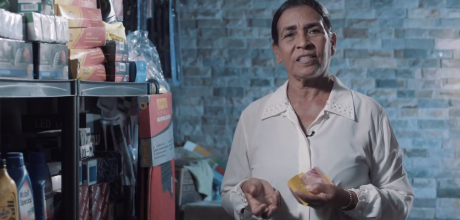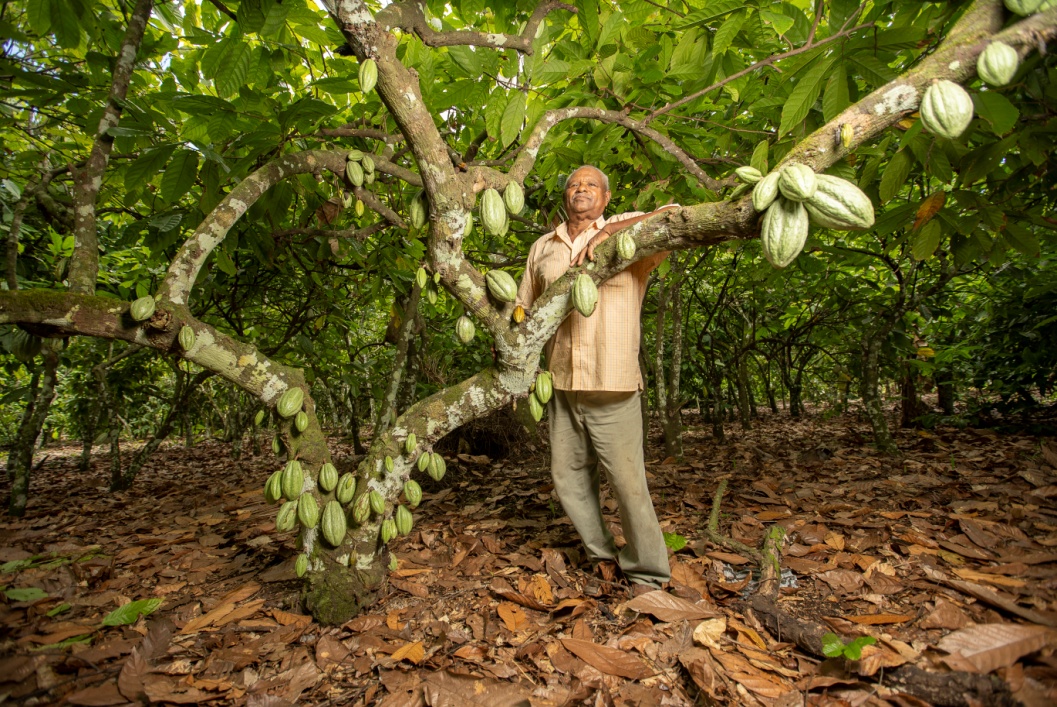A chinchinero is an urban street performer in Chile, usually a man or young boy, who plays a “bass drum”-type percussion instrument with long drumsticks strapped to his back which also involves a rope with a noose tied around the performer’s foot to play the cymbals which also form part of this improvised instrument..
Wikipedia
The origin of the Chilean organs goes back to the end of the 19th century, when German Joseph Strup arrived at the port of Valparaíso. That was when organ grinders and chinchineros started to put up their street shows. While the organ grinder plays the instrument, the chinchinero dances and sometimes also sells toys to children.
These musicians are not only a living heritage of Valparaíso, but of all Latin America because, as the National Council for Chilean Arts and Culture says, “organ grinders are the maximum social and artistic expression of the Southern Cone, in this aspect”. This is a trade that has started to fade as time passes by. Today, it fights for survival through artists like José Luis Lara, who has devoted 25 years in this craft, in the township of San Bernardo.
To continue with the trade and with his sister’s recommendation, he decided to request for a loan from Fondo Esperanza, which allowed him to buy the materials he needed, aside from giving him financial education. Little by little, his family members started to join BBVAMF’s Chilean institution, and among them, they’ve founded a Village Bank. “In Fondo Esperanza, we get to interact with many groups and various townships. It’s nice to see how it makes opportunities available for so many people who need them. I recommend it because it’s useful, it’s a way to progress”, he confirms. For this entrepreneur, the MFI’s support for his art is important, and he feels proud to belong in this profession because according to him, “it’s a family thing”.
“There are only 30 organ grinders left in Chile and we have to keep this heritage alive”
His father also had the same profession for more than 45 years, and since then, it has been passed on through generations. “I was born and brought up beside this instrument, like my brother and cousin. The whole family”, he adds. Now, his son has inherited it, this job that brightens up the streets. “There are only 30 organ grinders left in Chile and we have to keep this heritage alive”, explains José Luis.
Between the ‘60s and the ‘80s, organ grinders and chinchineros were at the brink of extinction, as 80% of their instruments have disappeared. To rescue them from neglect, in 2001, the Chile Cultural Corporation of Organ grinders was founded to promote this kind of music and to acknowledge their contribution to popular culture.
To continue with the family tradition, José Luis hopes to buy more organs for his son. He also dreams of travelling to other countries to make his instruments known, as well as this traditional music, to avoid the omission of this trade that has been in his culture for generations.
Laura G. Sáez, Communications BBVAMF










